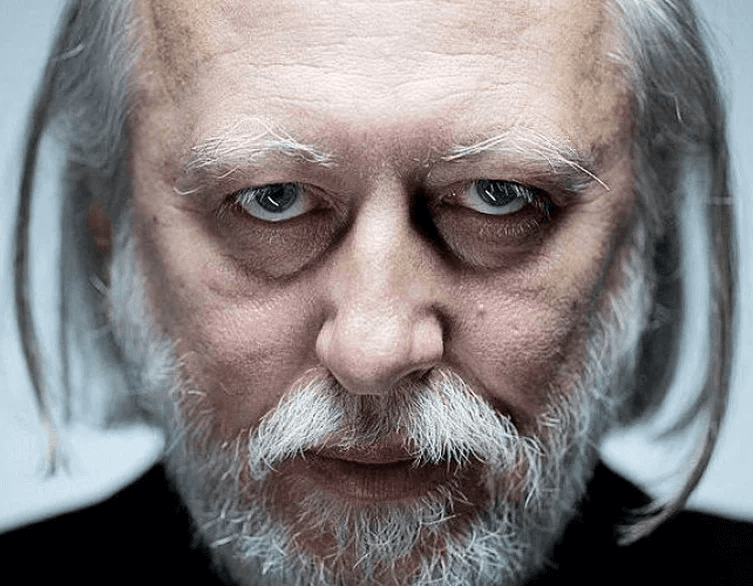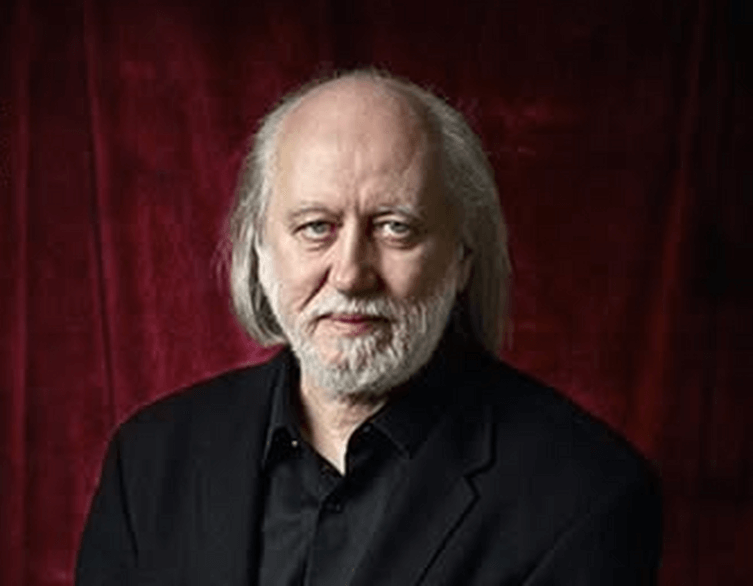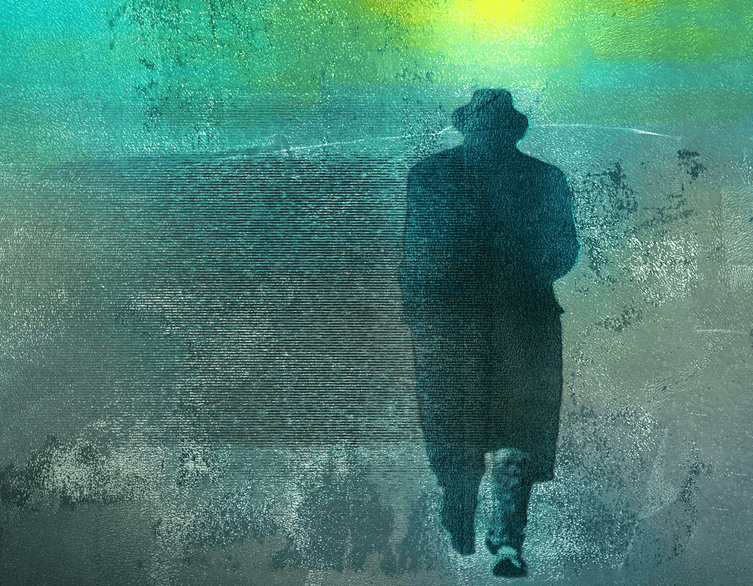The Hidden Genius in Budapest’s Shadow: How the Nobel Prize Shines Light on Krasznahorkai László and the Hungarian Capital

When the Swedish Academy announced that László Krasznahorkai would receive the 2025 Nobel Prize in Literature, the world turned its attention not only to one of contemporary fiction’s most enigmatic voices but also to the city that quietly shaped his intellectual journey. For visitors walking through Budapest’s streets, this recognition offers a fascinating lens through which to understand the Hungarian capital as more than just a tourist destination—it’s a crucible of profound literary and philosophical thought.
An Unlikely Literary Journey Through Budapest’s Academic Heart
Krasznahorkai’s connection to Budapest began in the late 1970s when he arrived at Eötvös Loránd University (ELTE), one of Hungary’s most prestigious institutions. Originally enrolling in law, he eventually shifted to Hungarian literature and public education, a decision that would fundamentally shape his artistic vision. The university campus, nestled in the heart of the city, became more than just an educational venue—it was his gateway into Budapest’s intellectual circles.
During these formative years, the city’s cultural infrastructure played a subtle but crucial role. As a student and later as an editor at Gondolat Publishing House, Krasznahorkai absorbed the atmosphere of Budapest’s literary salons, bookshops, and editorial offices. For tourists interested in literary history, ELTE’s historic buildings still stand as testament to this tradition, though few realize they once housed a future Nobel laureate who would transform how the world understands Hungarian literature.
The City That Exists in Absence
What makes Krasznahorkai’s relationship with Budapest so intriguing is precisely what’s missing from his work. Unlike many writers who explicitly chronicle their cities, Krasznahorkai rarely mentions Budapest by name in his novels. His landscapes tend toward abandoned villages, metaphysical spaces, and towns thick with existential dread. Yet Budapest’s presence permeates his work in subtler ways.
Best deals of Budapest
His writing represents a unique form of Budapest literature—one that captures not the city’s physical reality but its intellectual and metaphysical essence. The apocalyptic visions, the long meditative sentences that wind through existential questions, the sense of civilization teetering on the edge of collapse—these elements reflect a Budapest that exists as philosophical terrain rather than geographic location. For the discerning visitor, this suggests that understanding Budapest requires looking beyond its beautiful buildings and thermal baths to grasp its role as a space where profound ideas take root.
A Writer Who Vanishes Into His Work
Krasznahorkai’s avoidance of public appearances has become legendary. He rarely holds book launches, seldom gives interviews, and when he does speak publicly, it’s typically in written form. This reticence might seem odd in our age of author celebrity, but it actually enhances his mystique and allows his work to speak for itself.
Despite his absence from Budapest’s literary events, his presence looms large. Major Hungarian literary journals like Jelenkor, Kalligram, and Könyvhét regularly publish critical essays analyzing his work. Budapest publishers continue to release his books, and at events like the Budapest International Book Festival, his name inevitably surfaces in discussions about contemporary literature. For tourists who stumble upon these literary venues during their visit, they might glimpse a culture that reveres intellectual depth over celebrity—a refreshing counterpoint to global media culture.
What the Nobel Prize Means for Budapest
The 2025 Nobel Prize carries significance beyond personal achievement. It validates Budapest as a city that produces world-class literature, not merely one that serves as a picturesque backdrop for stories. This distinction matters because it positions the Hungarian capital within global cultural conversations on its own terms.
For centuries, Budapest has existed in a peculiar position—simultaneously central and peripheral in European consciousness. The Nobel Prize to Krasznahorkai affirms that this city nurtures profound artistic vision. It’s not just a place where history happened or where beautiful architecture stands; it’s where contemporary thought continues to evolve in challenging, uncomfortable, and ultimately transformative ways.
Discovering Literary Budapest Beyond the Tourist Trail
While visitors to Budapest typically follow routes marked by thermal baths, ruin bars, and Parliament buildings, Krasznahorkai’s recognition invites a different kind of exploration. Consider visiting ELTE’s historic campus, where the foundations of his literary vision were laid. Browse the bookshops along Andrássy Avenue, where Hungarian literature maintains its presence amid global bestsellers. Step into one of Budapest’s traditional cafés—not the trendy new spots, but the older establishments where intellectual discussions still unfold over coffee and pastries.
The beauty of discovering Budapest through Krasznahorkai’s lens is that it requires no specific landmarks or museums. His relationship with the city exists in the spaces between buildings, in the intellectual atmosphere that permeates certain neighborhoods, in the weight of history that every street corner carries. Budapest became part of his consciousness not through spectacular monuments but through sustained engagement with ideas, language, and the Hungarian cultural tradition.
The Paradox of Recognition
There’s something deliciously ironic about Krasznahorkai’s Nobel Prize. He spent decades avoiding publicity, crafting dense, challenging novels that demand serious intellectual engagement from readers. His prose style—those famously long, winding sentences that can span entire pages—seems designed to resist easy consumption. Yet now, the world’s most prestigious literary award has thrust him into the spotlight he’s spent a lifetime avoiding.
For Budapest, this creates an opportunity. The city can embrace its role as the place that shaped this extraordinary writer without reducing his complexity to tourism marketing. Visitors who come seeking “Krasznahorkai’s Budapest” will find that the city resists simple narratives just as his novels do. They’ll discover that understanding Budapest requires patience, attention, and a willingness to look beyond surfaces—qualities that reading Krasznahorkai’s work demands and ultimately rewards.
A City That Rewards Deep Engagement
The connection between Krasznahorkai and Budapest ultimately teaches us something important about how to experience this remarkable city. Just as his novels reveal their depths slowly, through careful reading and reflection, Budapest reveals its true character to those willing to move beyond quick impressions and tourist checklists.
The Nobel Prize hasn’t changed Krasznahorkai’s work or Budapest’s essential nature. What it has done is invite the world to pay closer attention—to recognize that beneath the thermal spas and ruin bars, beneath the Instagram-friendly architecture and folk dance performances, exists a city of profound intellectual and artistic vitality. It’s a city where a young law student could transform into one of literature’s most uncompromising voices, where ideas matter as much as aesthetics, and where the life of the mind continues to flourish in ways that surprise and challenge the world.
For visitors to Budapest, Krasznahorkai’s Nobel Prize offers an invitation: look deeper, stay longer, and discover the layers of meaning that make this city far more than its tourist reputation suggests. In Budapest’s shadows, as Krasznahorkai’s work demonstrates, you’ll find some of contemporary culture’s most brilliant light.
Related news














